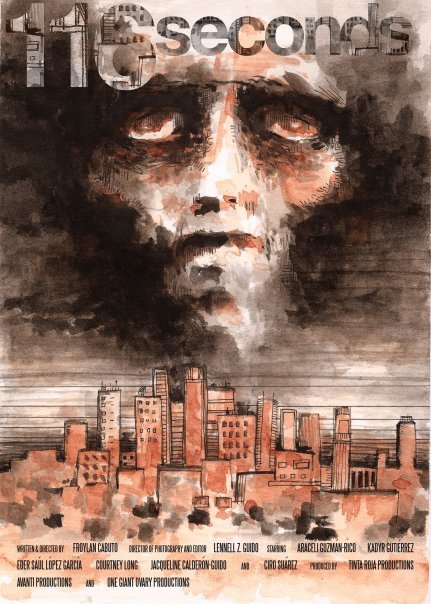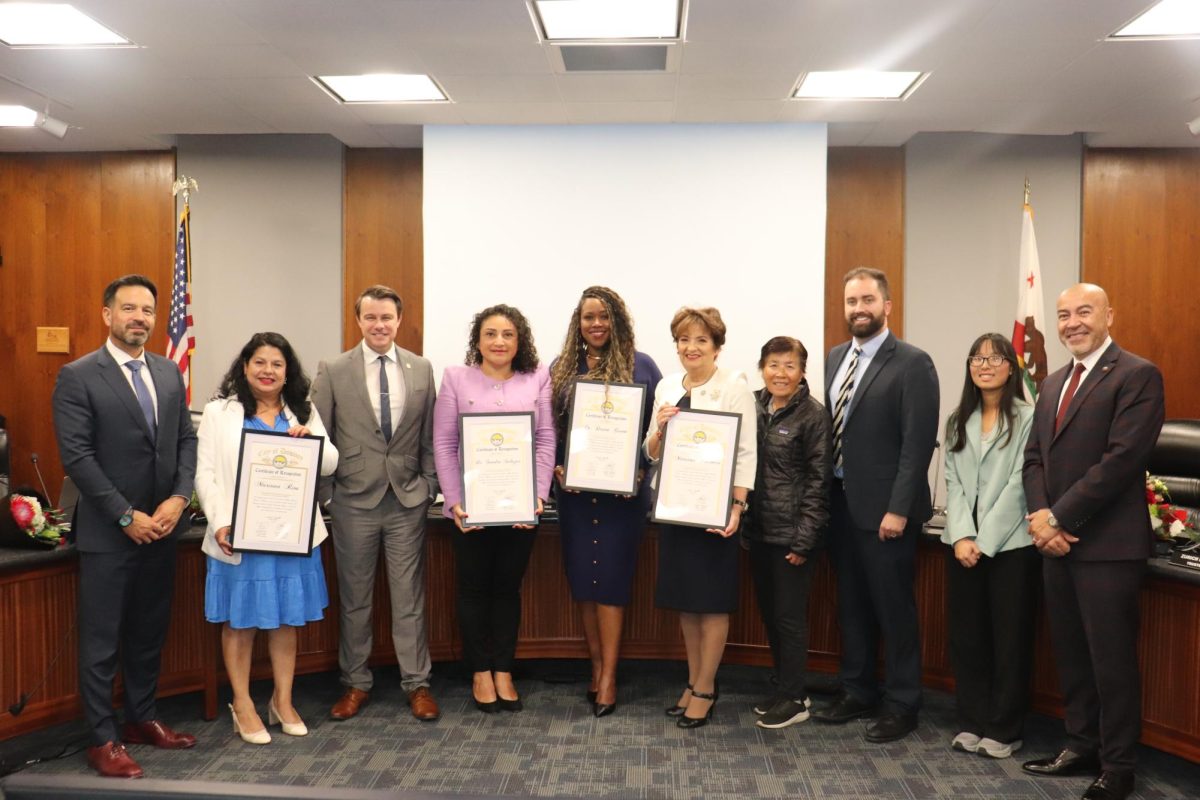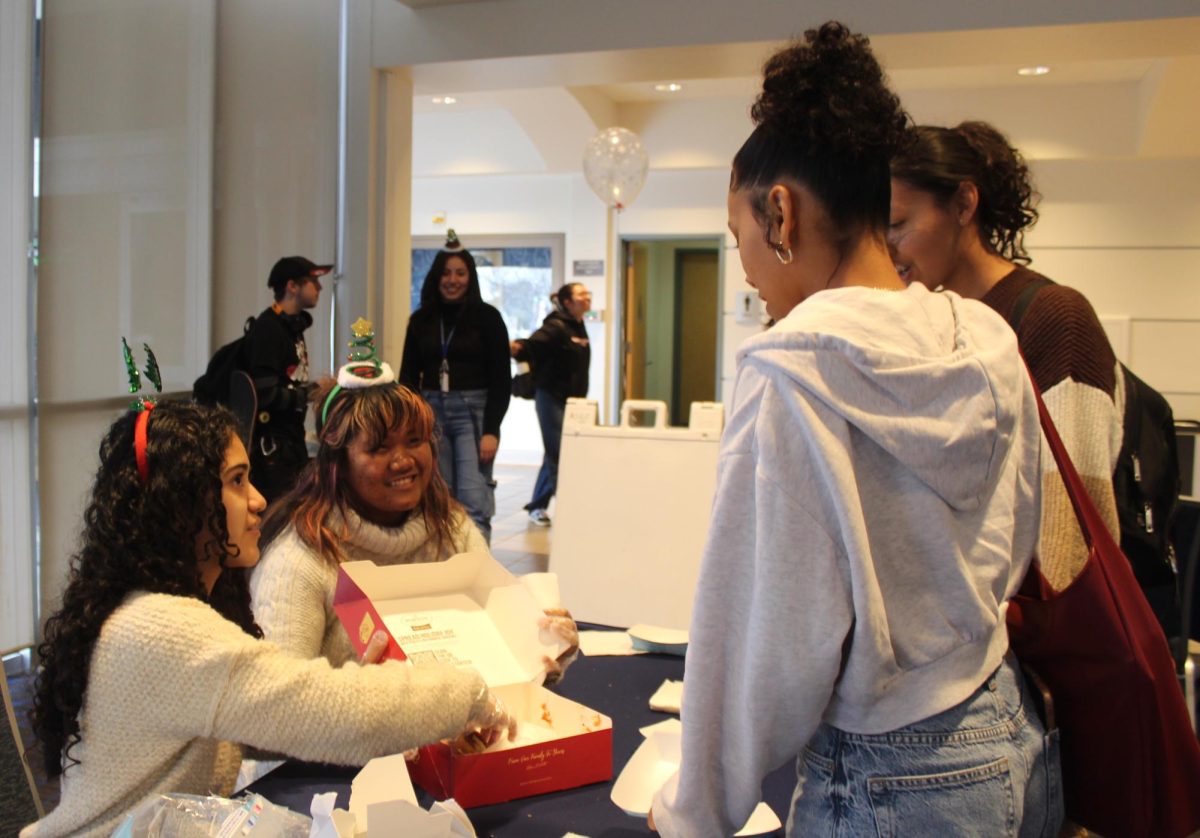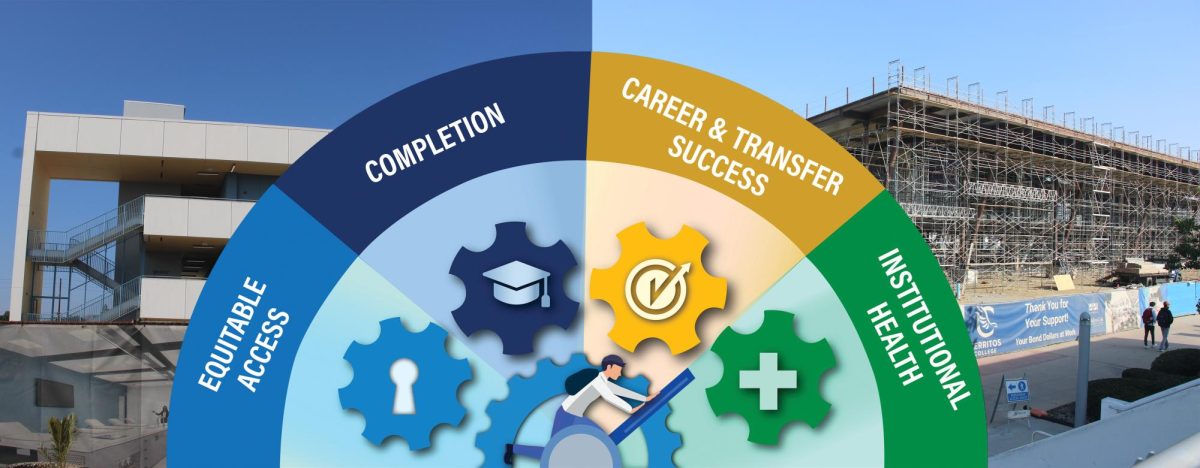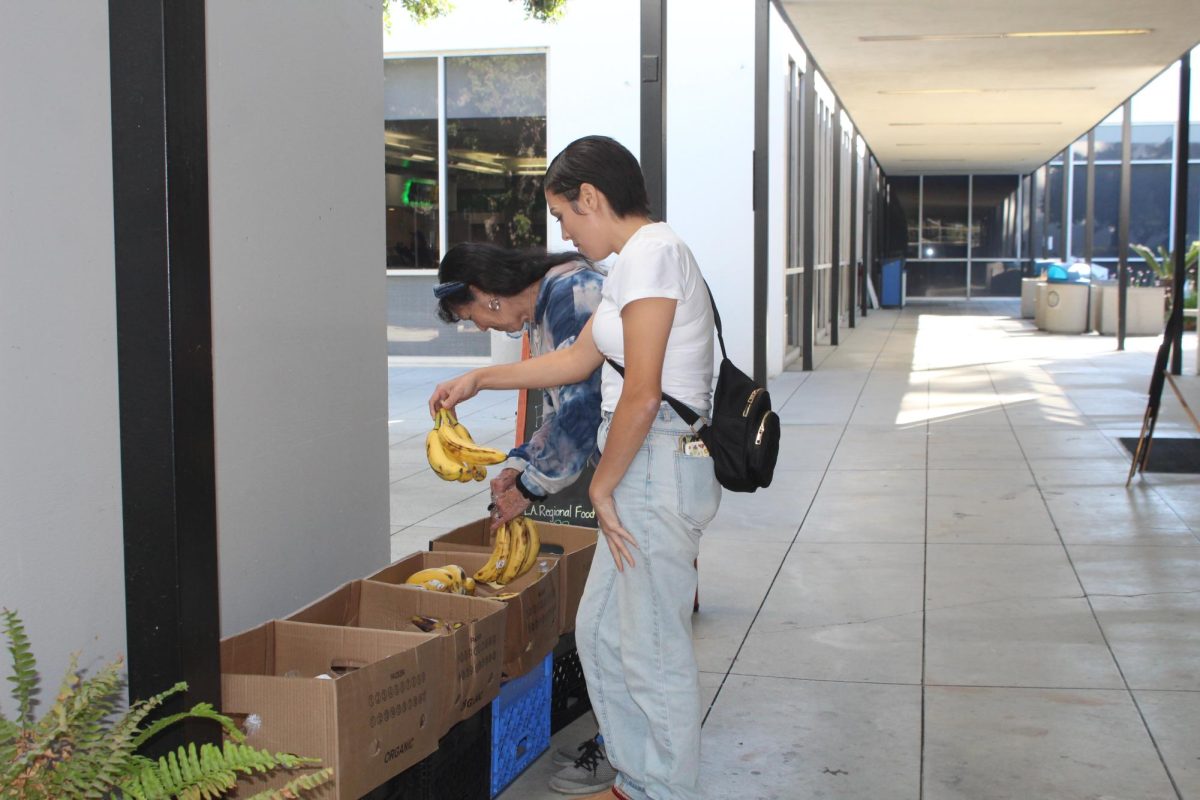This presentation started with a powerful film “116 seconds” by Froulan Cabute, who in his statement, said, “116 SECONDS does not carry any political agenda. Instead, it implants powerful and emotional images that generate awareness of the complex issue that the film presents. 116 SECONDS challenges the viewers to look deep within themselves and to see this issue from a different perspective.”
His film demonstrated examples of sexual abuse through Benito, who was abused by his father and ran away to seek sanctuary with his uncle who violently raped him, and Samantha, a victim of a rapist who deceived her into opening her front door.
Samantha later murdered her rapist herself using the built up rage inside her. Benito later became a proud parent, choosing a career path in the FBI where he eventually caught his rapist and brought him to justice. After each of the characters stories, the film ended with Benito forgiving his mother for letting everything happen to him.
After the film the discussion started small with Max Estrada, Counselor Advocate for “Su Casa,” Emily Franco, and Tiombi Preston, marriage and family therapist, being introduced.
Preston opened the discussion pointing out that one in three women and one in five men are sexually abused and less than ten percent actually report the abuse. Also, eighty percent and over of that statistic is someone you know and care about. Preston pointed out that this issue is often silenced when it shouldn’t be and said, “Think about the language used today to talk about sexual abuse such as date rape, date theft, and think about how it minimizes the impact of sexual abuse.”
She also discussed that the victims deserve to talk about their experience and there are hotlines such as 1-800-HOPE, where you can anonymously talk about it and find support and a safe place where it would be your decision whether to report or not. Preston said that a abusive relationship usually starts out with someone making you cross your own boundaries and how that action usually leads to sexual abuse. Most importantly, all three agreed that there is a fifty percent linkage between abuses with a spouse reoccurring with their children.
Max Estrada was then up next and start by saying “We need to support each other women and kids, its very important for victims to move forward” he said that this issued is mostly about power and control, that statistically three or four teen boys go to jail for the murder their mothers abuser that it is very traumatic for the child to go through and that “Su Casa” offers support to the victims of sexual or abusive violence. There are shelters to provide sanctuary and relief to those who need it.
Emily Franco then took the spotlight and stated “A lot of times people blame the victim fault what has happened them but its nobody’s fault that it happened it isn’t the victims fault” she said that it is very difficult to catch the perpetrators and not many come forward, ” The survivors that do come forward have a lot of courage and need support” said Franco.
Michelle Cody, nursing major, said, “Some abused victims eventually become abusers themselves and people need to understand that.” Franco clarified that it would just be a defense mechanism. In closing we need to understand that as Preston said, “Impowerment is a way to healing.” if ever faced with a victim, we need to remember not to interrogate, ask for details, or be forceful, just be supportive.


